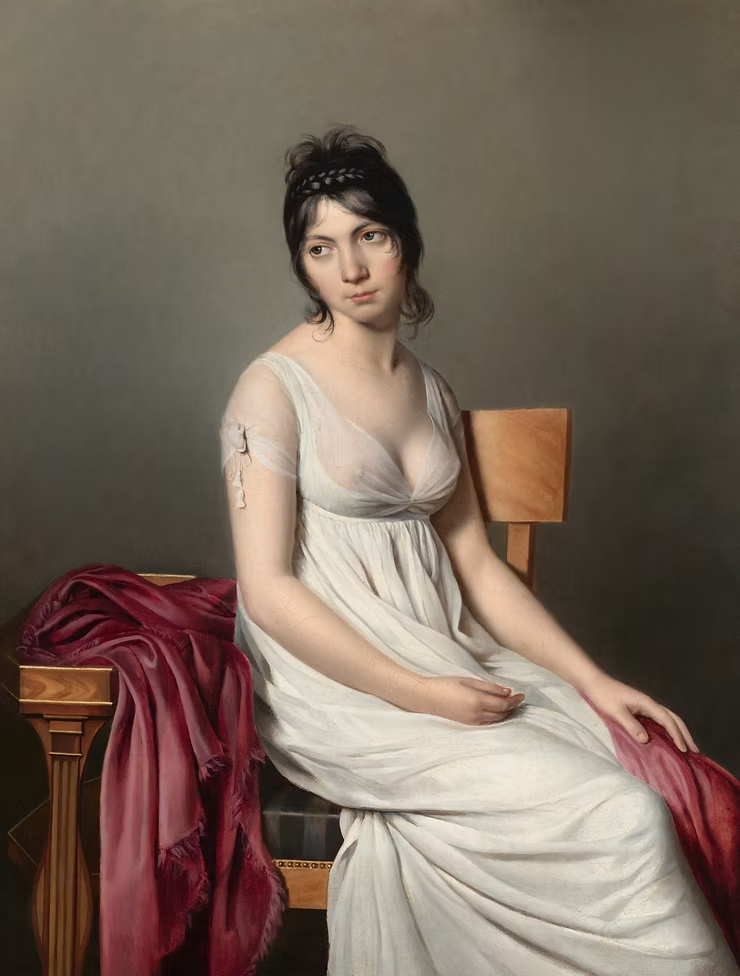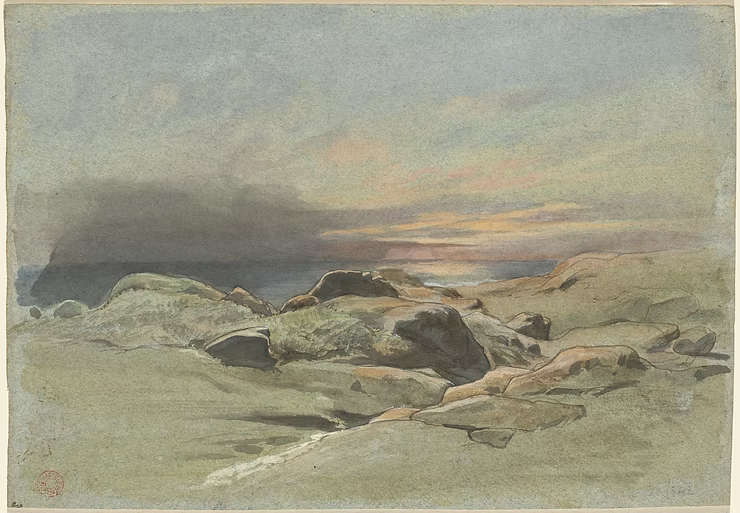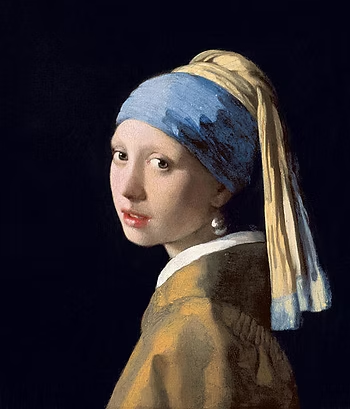A Midsummer Night’s Dream: a Tale of Romantic Persistence and Everything Working Out in the End
“Love looks not with the eyes, but with the mind; And therefore is wing’d Cupid painted blind. Nor hath love’s mind of any judgment taste; Wings and no eyes figure unheedy haste: And therefore is love said to be a child, Because in choice he is so oft beguil’d.”
Act 1, Scene 1

I have to say, Act 5 felt like the Elizabethan fairy-woods version of going with your friends to the school talent show with the only intention of laughing at the performers’ expense. And I loved it.
“Oh, take the sense, sweet, of my innocence. Love takes the meaning in love’s conference. I mean that my heart unto yours is knit So that but one heart we can make of it.” Lysander 2.2.51-54

This is my favorite of Shakespeare’s plays so far. The use of prose and verse to add an implied dimension of stature, or lack thereof, to a character was a genius move. A “Clueless” style adaptation of this would destroy. Hermia just is that girl.
“His folly, Helena, is no fault of mine” Hermia 1.1.200

“Lord, what fools these mortals be!” Puck 3.2.115
“If you were men, as men you are in show, You would not use a gentle lady so.” Helena 3.2.151-152

” My heart to her but as guest-wise sojurned, and now to Helen is it home returned, There to remain.” Demetrius 3.2.171-173
“As if our hands, our sides, voices, and minds Had been incorporate. So we grew together, Like to a double cherry-seeming parted But yet an union in partition- Two lovely berries molded on one stem;” Helena 3.2.207-211
Mythological Allusions to Venus
Demetrius likens Hermia to Venus (counterpart: Aphrodite) “in her glimmering sphere” in his admiration of her beauty and apparent incandescence. And Oberon’s spell involves the same, both use of Venus to call beauty, and a likening to the planetary form to invite an image of cosmic wonder or godly essence. The magic language explains how even Cupid’s arrows would not have the power to defy the spell, implying a transcendent, god-like beauty and love.

“Here come the lovers, full of joy and mirth.” Theseus 5.1.37








